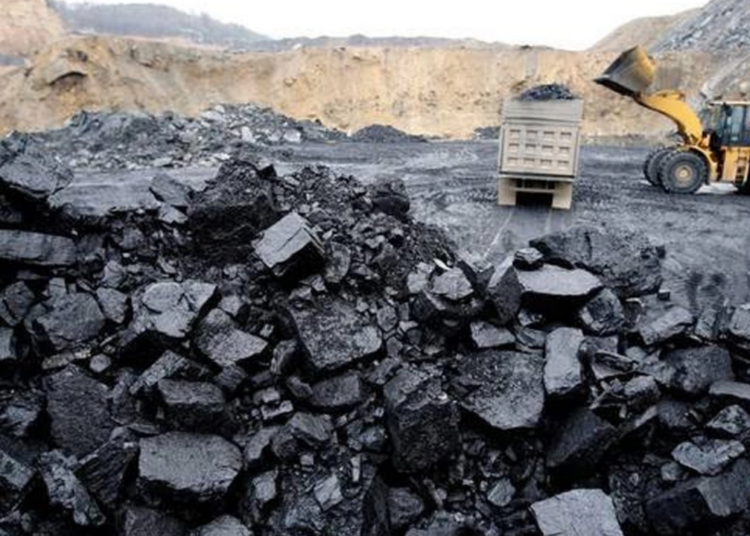Successive administrations in Nigeria, especially since the dawn of the current democratic dispensation, have harped on the need to diversify the economy which had depended sole on oil and gas.
However, such talks have remained, at best rhetoric. Efforts in that direction have not yielded the much desired results.
The need to wean the country from the apron string of oil and gas, as recent developments have shown, is not only compelling but urgent.
Like most Nigerians, this newspaper believes that the availability of petro-dollars which guarantees that governments have easy money to throw around is at the heart of perceptively words without action situation as far as diversifying the economy is concerned.
All that will have to change as current realities aggressively underscore the need for the three tiers of government, especially managers of the nation’s economy, to commence the giant leap towards genuine economic diversification.
In our considered opinion, to make good its much talked about desire to diversify the nation’s economy away from oil, the Nigerian government needs to focus more on exploring the abundant but largely untapped mineral resources scattered across all states of the federation.
Indeed, there is hardly any state of the federation that is not endowed with one form of mineral resource or the other. Sadly, the entire nation appears fixated on oil and gas and hence, little or nothing is said about effective harnessing of other minerals. One of such resources is lithium, which is currently valued at $78,000 per ton with a projection that it will account for 94 per cent of tech batteries made globally in the next decade.
Although Nigeria is richly endowed with Lithium, in commercial quantities in Nasarawa, Kogi, Kwara, Ekiti and Cross River States, artisanal miners and others who engage in illegal harnessing of this precious resource are the ones making a big kill from it while the nation continues to lose its deserved revenue.
For one, despite having huge deposits of Lithium, Nasarawa, Kogi, Kwara, Ekiti and Cross River states, like most states of the federation, cannot survive three months without allocation from the federal government even as the level of poverty and youth unemployment in these states are startling.
There is no contesting the fact that in the face of the increasing global acceptability of electric cars with high possibility of increased demand for Lithium, the government needs to formulate policies to control the exploration, mining, production and exportation of lithium in Nigeria.
Since lithium is gradually emerging as a strategic economic resource of global importance with the tendency to significantly control global wealth and economy of nations in the coming decades, the need for Nigeria to effectively tap from its benefits cannot be overemphasized.
According to the World Bank, the demand for Lithium is expected to triple by 2040 and, if well managed, its exploration and processing can build industries, create jobs, boost government revenue through foreign exchange and ultimately grow the economy. Therefore, the Nigerian government must, as a matter of necessity, put in place machinery for its effective exploration.
It is clear that with technological advancement, the world is tilting towards a future where electric cars that are powered by lithium batteries will invariably dominate the space currently occupied by fossil fuel-powered cars. For Nigeria to play a role in this space, the government must prioritise exploration of Lithium!
Interestingly, there are demands to mine Lithium in the country. We recall that in August 2022, Minister of Mines and Steel development, Olamilekan Adegbite said Nigeria rejected Tesla’s request to mine this precious resource unless the company agrees to site a battery-making factory in the country.
In the opinion of this newspaper, the declining fortunes from oil and gas in the face of serious revenue challenge facing the country makes it imperative for the government to make concerted efforts towards exploration of Lithium and other hugely untapped resources scattered across the country.
As is to be expected, most Nigerians desire an economy with stable distribution and redistribution of national wealth. To guarantee this, the government must effectively harness the vast mineral resources and ultimately ensure the deployment of funds accruable from such ventures to critical sectors like education, health, infrastructure, power and security among others.
Nigeria must position itself to play a critical role in the mining, production and exportation of Lithium to earn the much-needed revenue. The time to do that is now.





